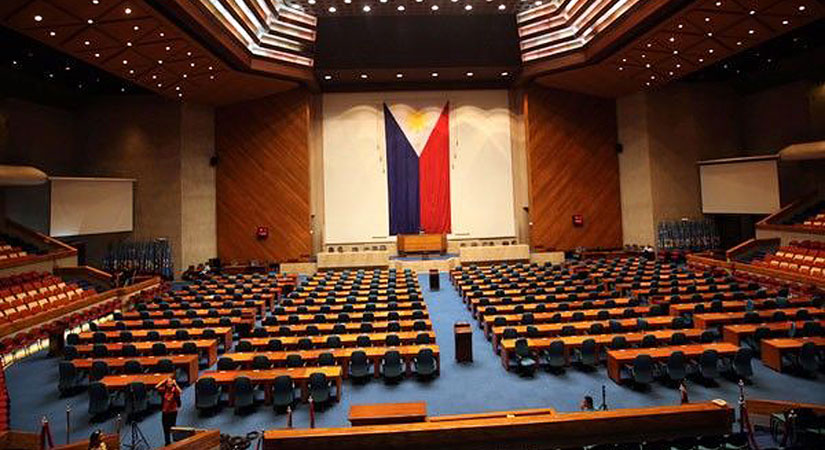House to start Charter change debates

By Beatriz Marie D. Cruz, Reporter
THE HOUSE of Representatives will start debates on easing foreign ownership restrictions in the 1987 Philippine Constitution on Monday, according to a congressman.
“The conversion of the House into a committee of the whole, which is like a plenary session, aims to involve every one of our colleagues in discussions with our resource persons,” House Senior Deputy Speaker and Pampanga Rep. Aurelio D. Gonzales, Jr. said in a statement on Sunday.
He said the House would hold three hearings a week and try to obtain a vote before the Holy Week break next month.
This was also the original timeline set for the Senate by Senate President Juan Miguel F. Zubiri, he added.
The House Resolution of Both Houses No. 7 proposes to lift economic restrictions in the ownership of franchises, educational institutions and advertising.
It will insert the phrase “unless otherwise provided by law” in Articles 12, 14, and 16 of the Charter, which restricts foreign ownership in these sectors.
The House resolution is similar to a Senate resolution that started subcommittee deliberations earlier this month. Both resolutions propose Charter amendments “upon a vote of three-fourths of all its members.”
The Senate measure provides that both houses of Congress will vote on Charter amendments separately, while the House resolution is unclear whether members will vote jointly or separately.
By convening into a committee of the whole, congressmen are expected to approve their version of economic “Cha-cha” faster than the Senate, where the issue is still heard by a committee.
The Constitution mandates the state to protect Filipino enterprises against unfair foreign competition and trade practices and limits land ownership to Filipino citizens and corporations that are at least 60% Filipino-owned.
Ser Percival K. Peña-Reyes, director of the Ateneo Center for Economic Research and Development, said amending the Charter would not solve the country’s lack of foreign direct investments.
“The things that are really keeping us behind are bureaucratic red tape, corruption, inadequate and unreliable infrastructure and policy inconsistency and uncertainty,” he said by telephone.
Congressmen are seeking to pass the measure by the middle of the year before they start hearings on the 2025 national budget.
Philippine senators last month opposed a proposal for both chambers of Congress to vote jointly to change the 1987 Constitution, saying senators could not cast meaningful votes against more than 300 congressmen.
“If this people’s initiative prospers, further changes in the Constitution will open the floodgates to a wave of amendments and revisions that will erode the nation as we know it,” according to a statement signed by all senators and read by Senate President Juan Miguel F. Zubiri in plenary.
He said a joint vote on charter change would “destabilize the system of checks and balances.
Mr. Gonzales said they dropped the words “each House voting separately” in the House resolution “because those four words are not in the Constitution.”
He said they copied the exact wording of Section 1, Article 17 of the Constitution, which says: “Any amendment to, or revision, of the Constitution may be proposed by Congress, upon a vote of three-fourths of all its members.”
“We in the House chose to be true to our Constitution by quoting exactly what it says, no more, no less,” he said. “If they say joint voting is unconstitutional, separate voting is also against the Charter because it is not there. Let the experts interpret this provision.”



